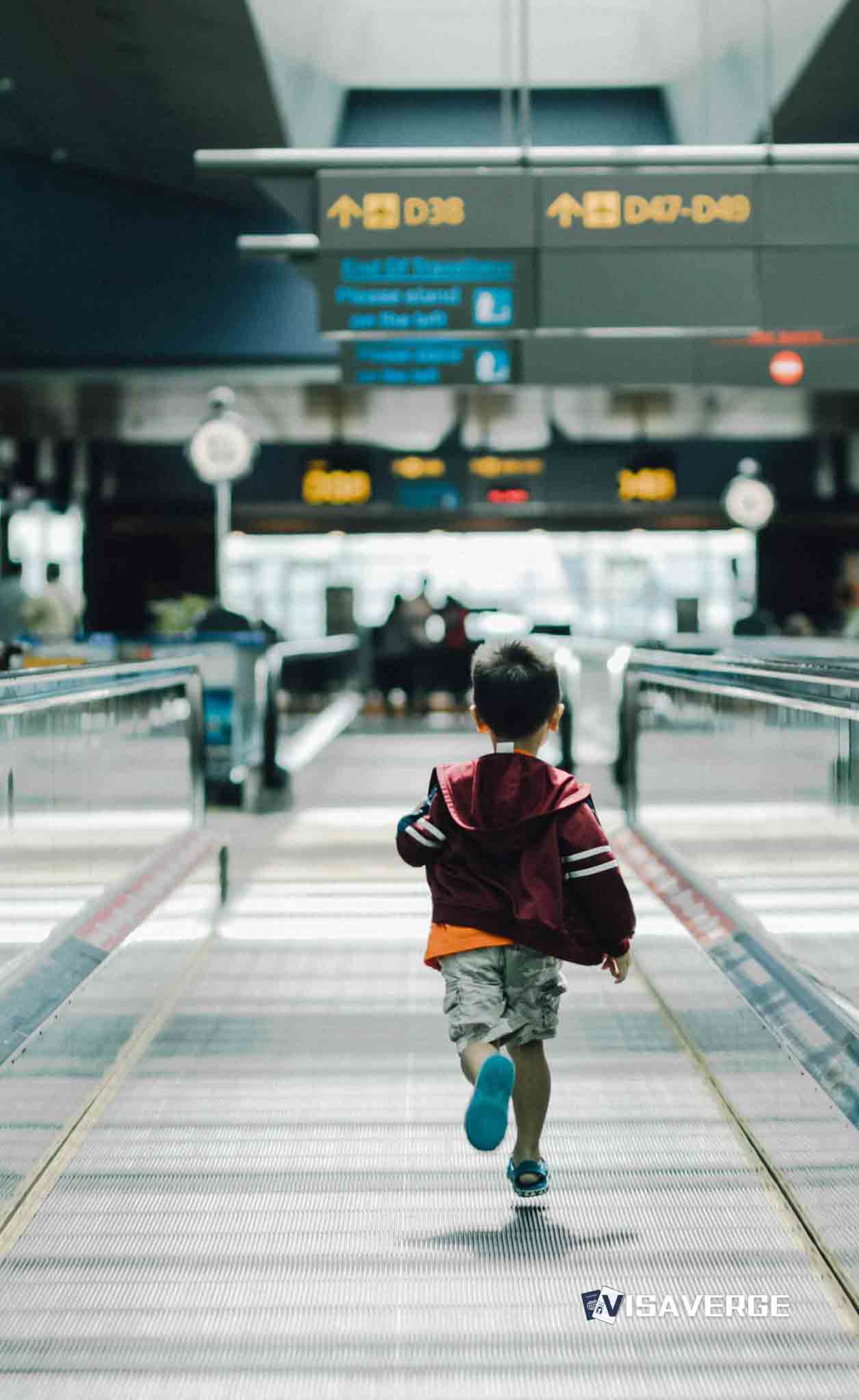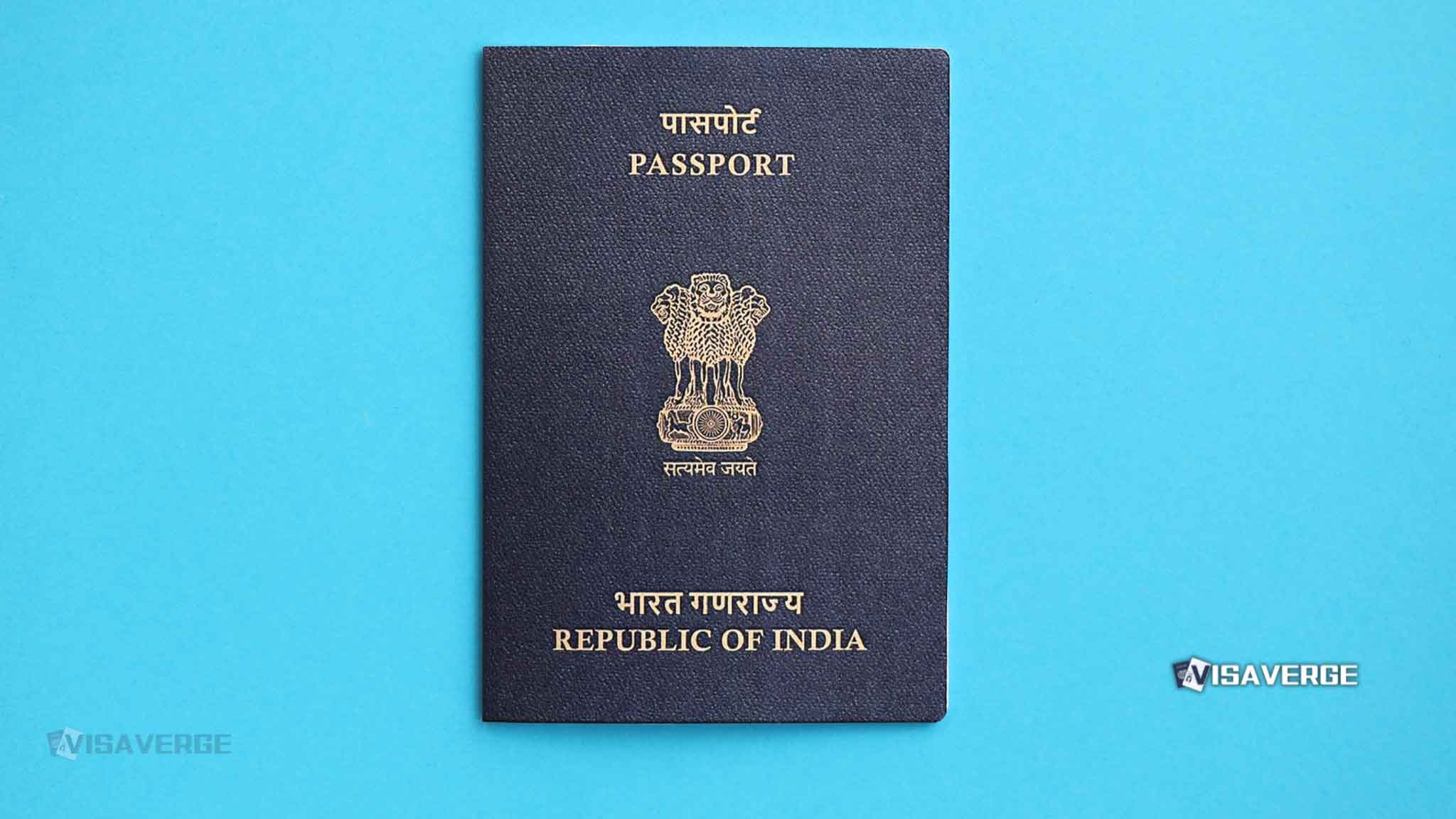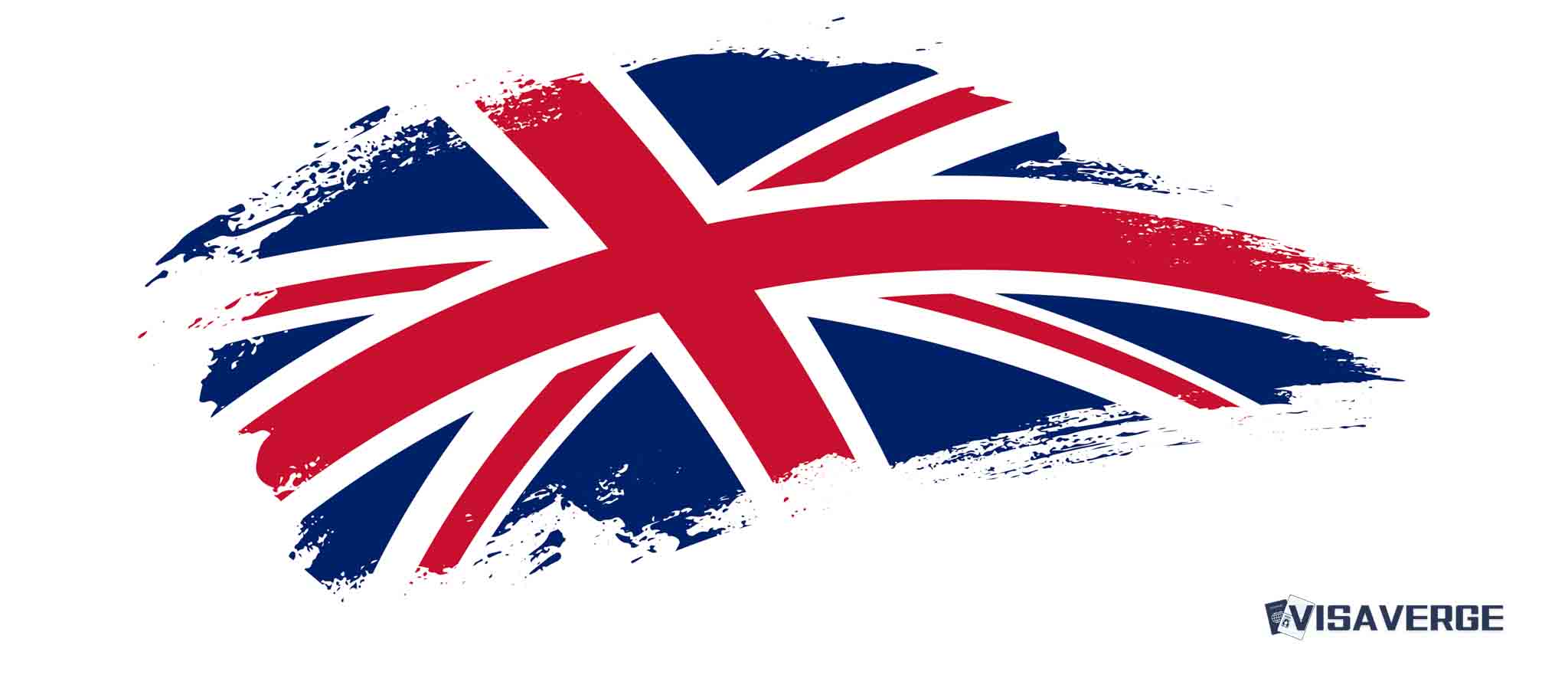Key Takeaways
• May 2025: UK granted asylum to a domestic abuse survivor fearing harm from a stepmother if returned home.
• New 2025 UK bill strengthens asylum system, border security, and enhances powers against organized immigration crime.
• 38% of asylum-seeking women remain in abusive relationships due to financial dependence and the work ban.
An Asylum Seeker’s Right to Stay in the UK: Domestic Abuse, Border Security, and the Changing Immigration System
A recent case in Britain has brought renewed attention to the intersection of domestic abuse and asylum law. In May 2025, an asylum seeker was granted permission to remain in the United Kingdom 🇬🇧 due to credible fears of punishment and abuse by a stepmother if forced to return home. This decision comes at a time of sweeping changes to the UK’s immigration system, with the government introducing new policies on border security, asylum, and support for vulnerable migrants. The case highlights both the progress made in protecting victims of domestic abuse and the ongoing challenges faced by asylum seekers, especially women, within the current system.

Why Was Permission to Stay Granted?
The core of this case centers on the principle that the UK will not return anyone to a country where they face a real risk of serious harm. The asylum seeker in question provided evidence that returning home would expose them to further abuse from an abusive stepmother. UK law recognizes domestic abuse—including physical, emotional, and psychological harm—as a valid ground for protection. If an asylum seeker can show that they would be at risk of such harm, they may be granted permission to stay.
This approach is rooted in both international obligations and domestic policy. The UK is a signatory to the 1951 Refugee Convention, which requires protection for those facing persecution. Over the years, British immigration rules have evolved to include domestic abuse as a recognized form of persecution, especially when the abuse comes from family members and the home country cannot or will not offer protection.
The Changing Landscape: Immigration Reform and Border Security
The decision to grant protection in this case comes amid major changes to the UK’s immigration system. On May 13, 2025, the government published a new white paper, “Restoring Control over the Immigration System.” This document outlines plans to overhaul asylum procedures, strengthen border security, and change family migration rules. The government’s stated goals are to reduce irregular migration, increase deportations, and end the use of hotels for asylum accommodation.
Earlier this year, the Border Security, Asylum and Immigration Bill 2025 was introduced to Parliament. This bill aims to:
- Strengthen the asylum and immigration system
- Enhance border security
- Give law enforcement new powers to tackle organized immigration crime
These reforms are part of a broader effort to address public concerns about border security and the perceived misuse of the asylum system. However, they also raise questions about how vulnerable individuals—such as those fleeing domestic abuse—will be protected.
Domestic Abuse and the Immigration System: Who Is Protected?
The UK has specific rules for migrants and asylum seekers experiencing domestic abuse. As of January 31, 2024, the main route is set out in Appendix Victim of Domestic Abuse (VDA) of the Immigration Rules. Under this route, certain partners can apply for indefinite leave to remain (ILR) if their relationship ends because of abuse. Eligible partners include those of:
- British citizens 🇬🇧
- People with settled status (permanent residents)
- Members of the armed forces
- Refugees
If you are in one of these categories and your relationship breaks down due to domestic abuse, you can apply for ILR independently. This means you do not have to rely on your partner’s immigration status or sponsorship.
Expanded Access: In March 2024, the government expanded support through the Migrant Victims of Domestic Abuse Concession (MVDAC). Now, partners of workers or students can also get three months’ leave to remain, with access to public funds and support. This gives more people a chance to escape abusive relationships without fear of immediate destitution or removal.
Official guidance and application forms for these routes can be found on the UK government’s website.
The Reality for Asylum Seekers: Gaps in Safeguarding and Support
Despite these protections, many asylum seekers—especially women—remain at risk. Recent Home Office data (April 2025) paints a troubling picture:
- 5,960 referrals of assaults in asylum accommodation (Jan 2023–Aug 2024)
- 380 hate crime referrals in the same period
- 11,547 people in Home Office care identified as trafficking victims
- 4,686 identified as torture victims
NGOs and advocacy groups, including Care4Calais, the British Red Cross, Helen Bamber Foundation, and Women for Refugee Women, have raised urgent concerns about safeguarding failures. Many asylum-seeking women report feeling unsafe, unsupported, and at risk of further harm in Home Office accommodation.
A survey found that 38% of asylum-seeking women remained in unwanted or abusive relationships because they were financially dependent on their partners. The ban on working for asylum seekers makes it even harder for them to leave abusive situations.
Steve Smith, CEO of Care4Calais, stated:
“These statistics are appalling, but they don’t surprise me. Our local groups raise serious safeguarding concerns with the Home Office and its contractors virtually every day, but it feels like they are routinely ignored.” (Source: Care4Calais)
Kamena Dorling of the Helen Bamber Foundation warned:
“There are ongoing risks of self-harm and suicide among asylum seekers in harmful accommodation.”
How the Asylum Process Works for Victims of Domestic Abuse
If you are an asylum seeker experiencing domestic abuse, there are several steps you can take to seek protection:
- Identify Eligibility:
Check if you qualify under Appendix VDA (partner of a British citizen, settled person, armed forces member, or refugee). -
Apply for Permission to Stay:
Submit an application explaining that your relationship ended because of domestic abuse. You will need to provide evidence, such as police reports, medical records, or statements from support organizations. -
Initial Grant:
If your application is successful, you will receive three months’ leave to remain, with access to public funds and support services. -
Apply for Indefinite Leave to Remain:
During the three-month period, you can apply for ILR under the domestic abuse route. -
Alternative Applications:
If you do not qualify for ILR, you may be able to apply for further leave to remain under other immigration rules. -
Access Support Services:
You can get help from NGOs, local authorities, and specialist domestic abuse services. The National Domestic Abuse Helpline (0808 2000 247) is available for confidential advice.
For more details, visit the official government page on asylum support.
The Impact of the Work Ban on Asylum Seekers
One of the most significant barriers for asylum seekers, especially women, is the ban on working while their claims are processed. This policy leaves many financially dependent on abusive partners or forced to remain in unsafe accommodation. According to analysis by VisaVerge.com, lifting the work ban could help reduce vulnerability and give asylum seekers more independence.
NGOs argue that allowing asylum seekers to work would:
- Reduce the risk of exploitation and abuse
- Help people rebuild their lives and contribute to society
- Ease pressure on public funds by enabling self-sufficiency
The government, however, maintains that the work ban is necessary to prevent abuse of the asylum system and to discourage irregular migration.
Multiple Perspectives: Government, NGOs, and Lived Experience
Government Position
The UK government is focused on tightening asylum and immigration controls. The new white paper and the Border Security, Asylum and Immigration Bill 2025 emphasize:
- Reducing irregular migration
- Increasing deportations
- Reforming family and private life routes to prevent abuse of the system
Officials argue that these measures are necessary to restore public confidence and ensure that the system is fair and effective.
NGOs and Advocacy Groups
Organizations such as Care4Calais, the British Red Cross, and Women for Refugee Women continue to highlight the risks faced by asylum seekers, especially women and children. They call for:
- Stronger safeguarding in asylum accommodation
- Expanded access to support and public funds
- The right to work for asylum seekers
- More robust monitoring and accountability for Home Office contractors
Lived Experience
For many asylum seekers, the reality is one of uncertainty, fear, and isolation. Women who have fled domestic abuse often face additional barriers, such as language difficulties, lack of information, and fear of authorities. Many report feeling unsafe in shared accommodation and worry about being forced to return to dangerous situations.
Policy Evolution: How Did We Get Here?
The UK’s approach to domestic abuse and immigration has changed over time. Historically, migrants and asylum seekers facing abuse had limited options and often risked destitution or removal if they left their partners. Years of campaigning by NGOs and survivors led to the creation of the domestic abuse route for ILR, first for partners of British citizens and settled persons, and later expanded to include more categories.
Recent reforms have improved access to support, but practical barriers remain:
- Delays in processing applications
- Lack of awareness of available routes
- Insufficient safeguarding in asylum accommodation
What’s Next? Future Reforms and Ongoing Challenges
The government has announced plans for further reforms to the asylum system and border security later in 2025. These changes are expected to focus on:
- Reducing irregular migration
- Improving system integrity
- Ending the use of hotels for asylum accommodation
NGOs and advocacy groups are likely to continue pushing for:
- Stronger protections for vulnerable asylum seekers
- Better accommodation standards
- The right to work for those awaiting decisions
The outcome of these debates will shape the future of the UK’s immigration system and the safety of those seeking protection from abuse.
Key Policy Routes for Migrants Experiencing Domestic Abuse
| Route/Policy | Eligibility | Leave Granted | Access to Public Funds | Application Window |
|---|---|---|---|---|
| Appendix VDA (Domestic Abuse) | Partner of British citizen, settled person, armed forces, refugee | 3 months (initial), then ILR | Yes | After relationship breakdown |
| MVDAC (Concession) | Partner of worker or student (since Mar 2024) | 3 months | Yes | After relationship breakdown |
| Asylum (Protection Claim) | Anyone fearing persecution/serious harm | Discretionary | Yes (if granted) | At any point |
Practical Guidance for Asylum Seekers Facing Domestic Abuse
If you are an asylum seeker in the UK and experiencing domestic abuse, here are some steps you can take:
- Seek immediate safety: Contact the National Domestic Abuse Helpline at 0808 2000 247 for confidential support.
- Gather evidence: Keep records of any abuse, including messages, photos, or reports from doctors or police.
- Contact support organizations: Groups like Care4Calais and Women for Refugee Women can help you understand your rights and options.
- Apply for protection: Use the official government forms to apply for leave to remain under the domestic abuse route.
- Access public funds: If granted leave, you can apply for housing, financial support, and other services.
Official Resources
- Home Office Asylum Support
- National Domestic Abuse Helpline (0808 2000 247)
- Right to Remain Toolkit
- Care4Calais
- Women for Refugee Women
Conclusion: Progress and Persistent Challenges
The UK’s immigration system has made important strides in recognizing domestic abuse as a ground for protection. Recent reforms have expanded access to support for migrants and asylum seekers fleeing abuse, including from family members like stepmothers. However, significant challenges remain, especially around safeguarding, accommodation standards, and the right to work.
As the government prepares to introduce further changes later in 2025, the experiences of asylum seekers—particularly women at risk of domestic abuse—must remain at the center of policy debates. Ongoing advocacy from NGOs and survivors will be crucial in ensuring that the immigration system protects the most vulnerable while maintaining fair and effective border security.
For more information and the latest updates, visit the UK government’s official asylum support page.
(Word count: 1,522)
Learn Today
Asylum Seeker → A person who applies for protection in another country due to fear of persecution at home.
Indefinite Leave to Remain (ILR) → Permission granted to stay in the UK permanently under certain immigration routes.
Appendix Victim of Domestic Abuse (VDA) → A UK immigration rule allowing abused partners to apply for residence independently.
Migrant Victims of Domestic Abuse Concession (MVDAC) → A concession granting leave and support to migrant abuse victims, including partners of workers or students.
Border Security, Asylum and Immigration Bill 2025 → UK legislation aimed at tightening immigration controls and enhancing enforcement powers.
This Article in a Nutshell
A UK asylum seeker won permission to stay due to domestic abuse fears amid major immigration reforms. While protections improve, many asylum seekers remain vulnerable, hindered by work restrictions and insecure housing, highlighting ongoing challenges in UK immigration and border security policy.
— By VisaVerge.com
Read more:
• Federal grand jury indicts eight for immigration-related crimes in Alabama
• Mahmoud Khalil meets his newborn son in Immigration and Customs Enforcement custody
• Immigration courts see rise in arrests by ICE, including in Chicago
• Trump’s Immigration Bill Slaps New Remittance Tax
• Immigration Nominee calls to end Optional Practical Training for students













